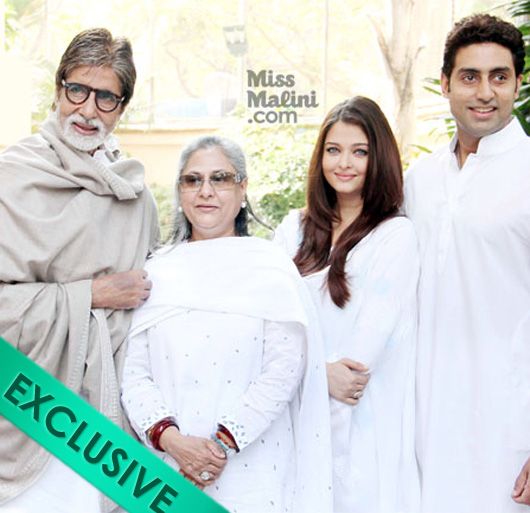Recently, author Siddharth Dhanvant Shanghvi hosted a talk with Jaya Bachchan during Tata Literature Live, and it turns out that her comments on Happy New Year being “nonsensical” was taken out of context. Now, Siddharth himself wants to convey the other side of the story and clarify what really happened. Here’s what he has to say.
Speaking can be injurious to your health. That warning ought to accompany literary fests. And this week no one knows it better than Jaya Bachchan. On Sunday, she joined me in conversation at the NCPA for Tata Lit Live about her work, her films, the men and women who had consolidated her way of seeing. We spoke of her father, a writer, and her father-in-law, a poet. We spoke of how a kind of cinema she was a part of will never come back – films with integrity, a deep kind of waiting, stories of despair that rose to meet hope. And at one point she spoke of her son Abhishek’s film Happy New Year. She called it nonsensical, a comment that has since gone entirely unexplained, and one that cost her dearly.
I want to set the record straight. And I can because I was there.
What she had said to me was in regard to her son’s acting abilities – that he could pull off the broad range of comedy she herself was incapable of. It takes a certain kind of genius to make a buffoon of yourself (Charlie Chaplin comes to mind). And an exaggeration of self that keels over into farce or absurdity (refer: Camus’s The Myth of Sisyphus). Jaya Bachchan’s comment was not solely about the film, Happy New Year, as much as what it extracted in terms of acting equity out of Abhishek (she compared the performance to what his father, Amitabh, had achieved in Amar Akbar Anthony).
And yet the comment was pulled out of its original framework and played up as a criticism of the film and, by extension, of its producers, director and the other stars. This is not what our talk was about, and neither was it my intention to discuss anything other than my guest’s own work, which was often serious and groundbreaking (Guddi, for instance, was a strong feminist role)). The commotion that has followed since our talk outlined to me how a stray, ironic remark, reprinted without contextual relevance, can damage friendship, provoke distrust, and generally institute private havoc. Let’s go back to our original intention: to look at work and the processes that create it. Let’s clear the air: no harm was meant, ever. And let’s get on with things: because speaking must injure no one, and nothing.

